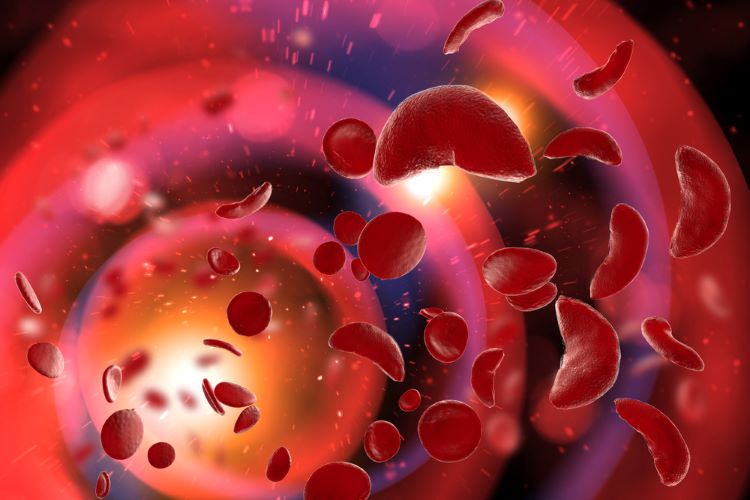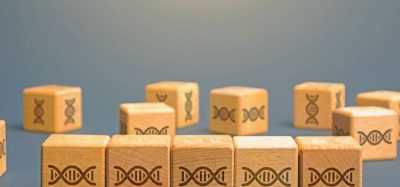Could novel gene therapy treat sickle cell disease?
Posted: 9 June 2023 | Catherine Eckford (European Pharmaceutical Review) | No comments yet
Researchers have revealed positive preliminary data from a CRISPR gene therapy trial for sickle cell disease.


For the first time, a novel CRISPR gene-editing technology (CRISPR/CA12) has been shown to alter a defective gene in a human study. Updated safety and efficacy data from the sickle cell disease ‘Ruby Trial’ with cell and gene therapy EDIT-301 was revealed by the researchers.
What did data from gene therapy trial show?
New white blood cells were evident in all four of the sickle cell disease patients at about four weeks”
New white blood cells were evident in all four of the sickle cell disease patients at about four weeks with no severe adverse effects, according to the trial data. Additionally, patients also achieved a normal level of haemoglobin.
Since receiving a single dose of the CRISPR gene therapy, data showed the patients have been free of sickle cell disease’s associated pain attacks for 11 months and seven months.
“These initial results provide hope that this new technology will continue to show progress as we work toward creating a possible functional cure for this devastating and life-threatening disease,” commented Principal investigator Dr Rabi Hanna, Director of the paediatric blood and bone marrow transplant programme at US Cleveland Clinic Children’s hospital.
How was the treatment for sickle cell disease done?
The four initial patients had their stem cells collected for gene editing. Then chemotherapy treatment was performed to eliminate their remaining bone marrow, providing space for the repaired cells to be infused back into their body afterwards.
In previous studies, a blood or marrow transplant has been shown to reverse sickle cell disease. Yet one disadvantage of this approach is the transplant often requires a sibling donor. Additionally, it raises the potential for severe graft-versus-host disease; when donor bone marrow or stem cells attack the recipient.
The Ruby Trial aims to enrol 40 adult patients, ages 18 to 50, with severe sickle cell disease. These patients will be monitored after treatment with the gene therapy for up to two years.
Preliminary clinical trial data is being presented at the European Haematology Association (EHA) Hybrid Congress in Germany.
Related topics
Biopharmaceuticals, Clinical Development, Clinical Trials, Data Analysis, Drug Development, Drug Safety, Gene therapy, Personalised medicine, Research & Development (R&D), Stem Cells, Technology, Therapeutics









